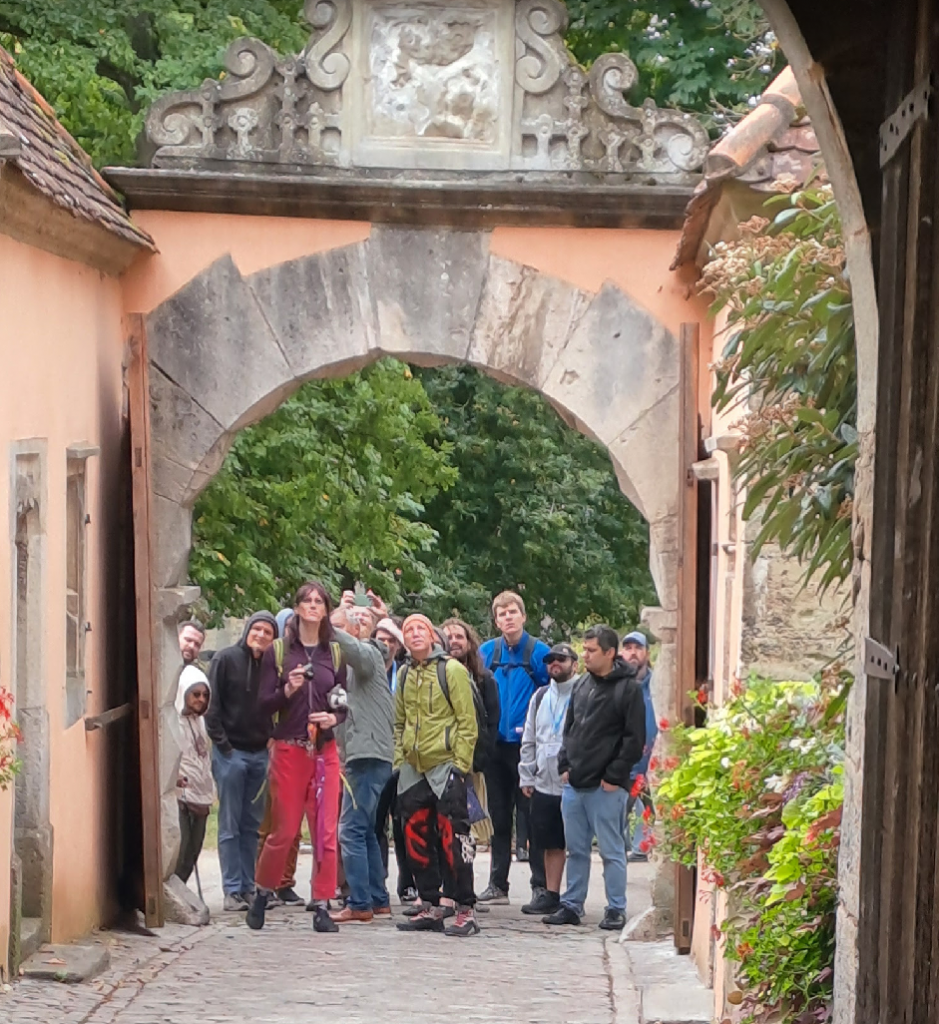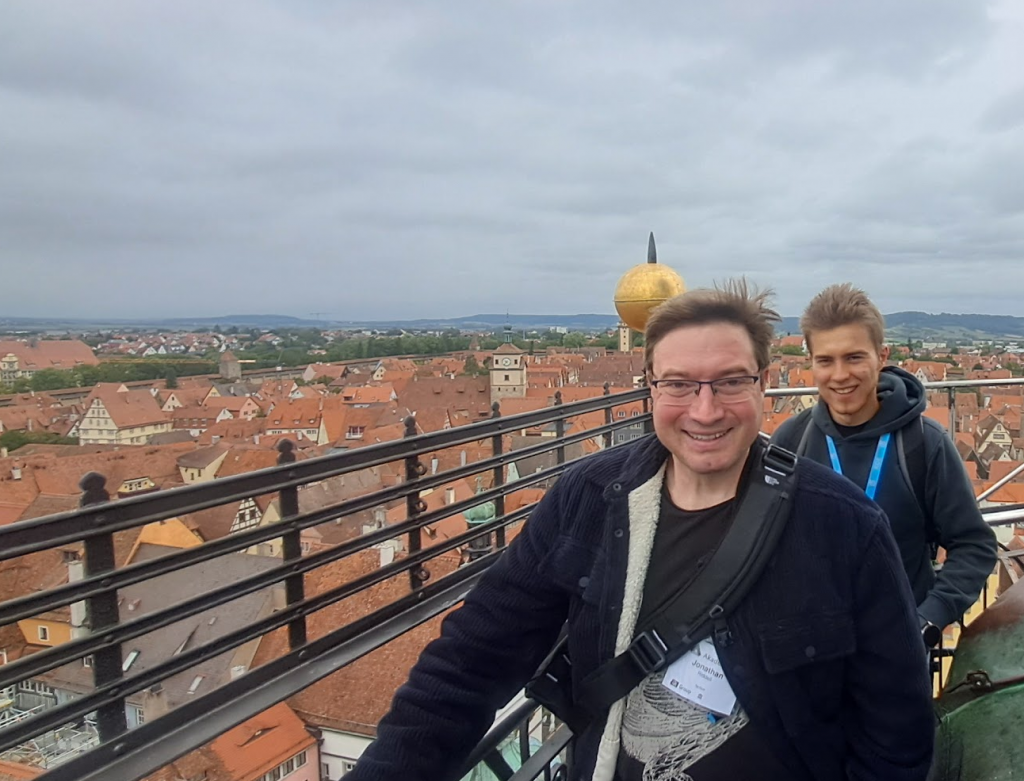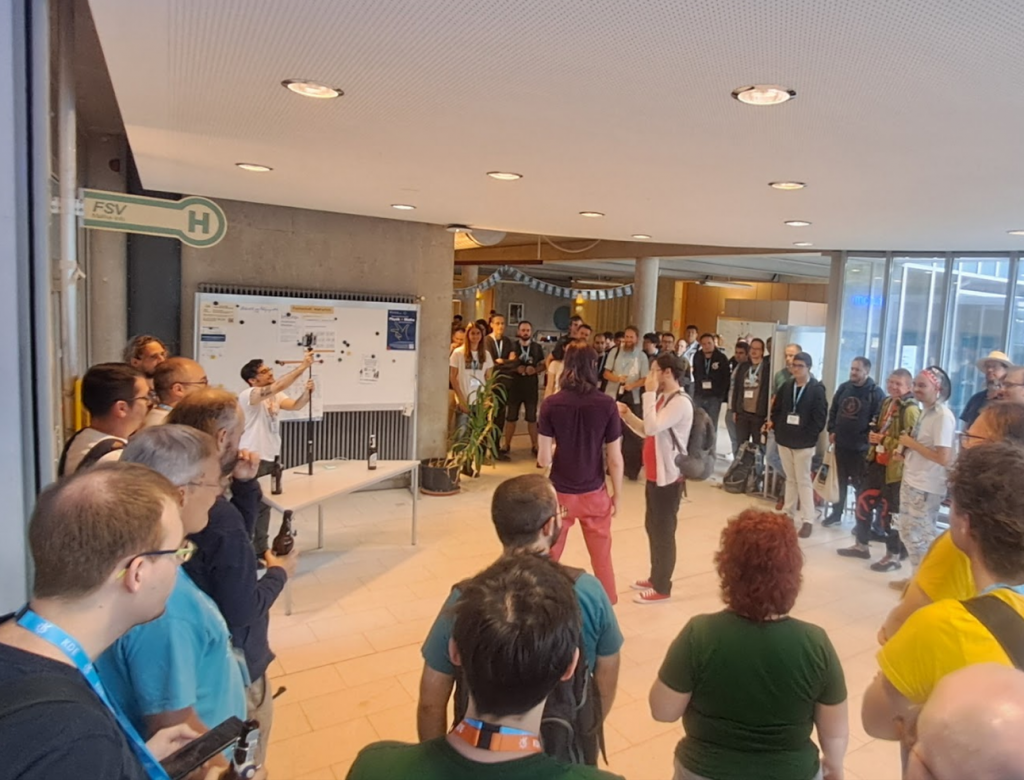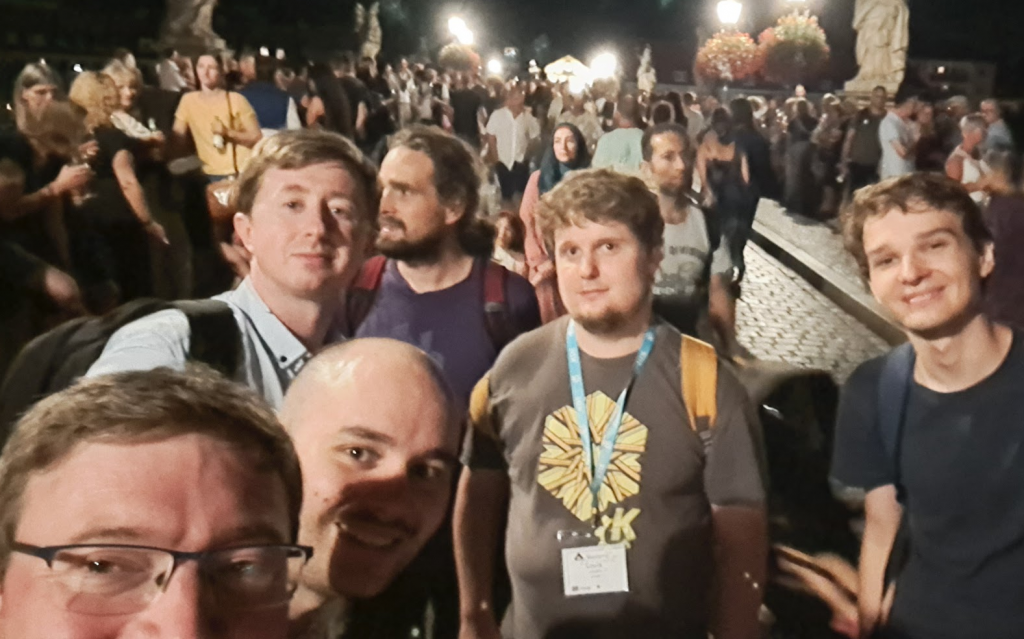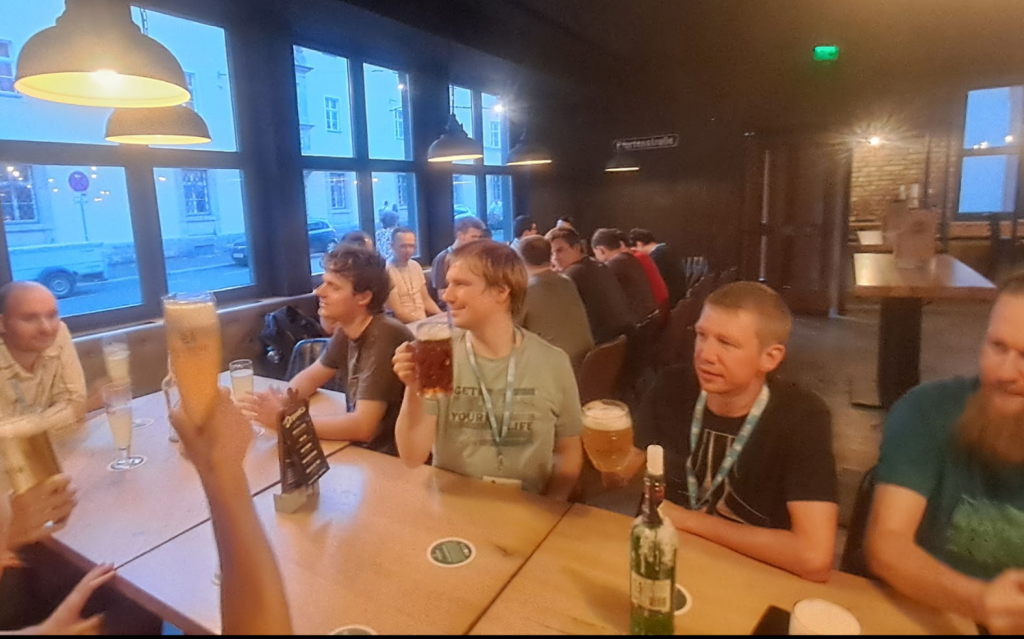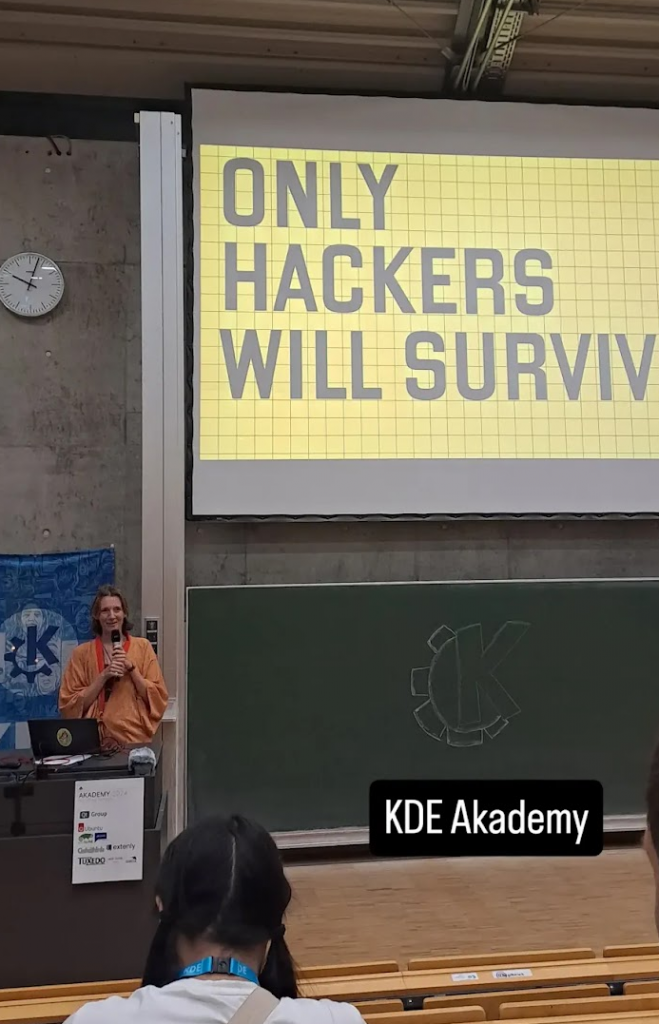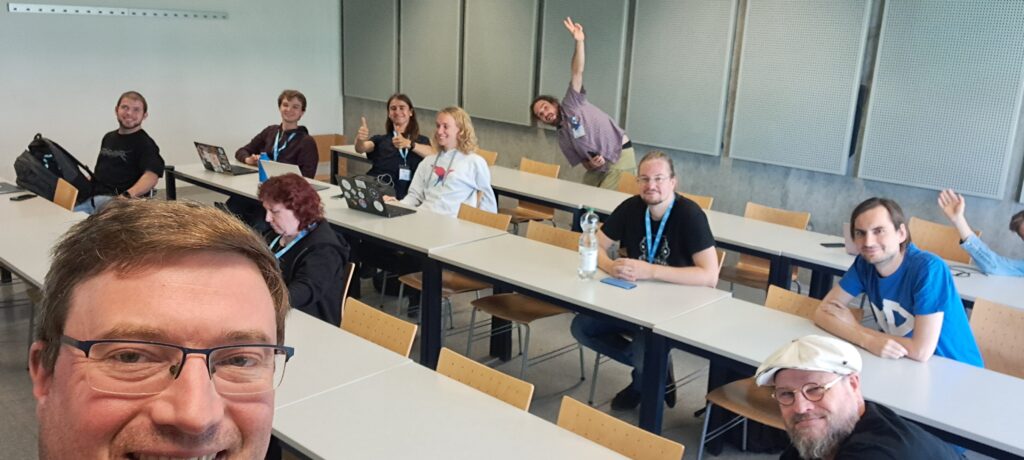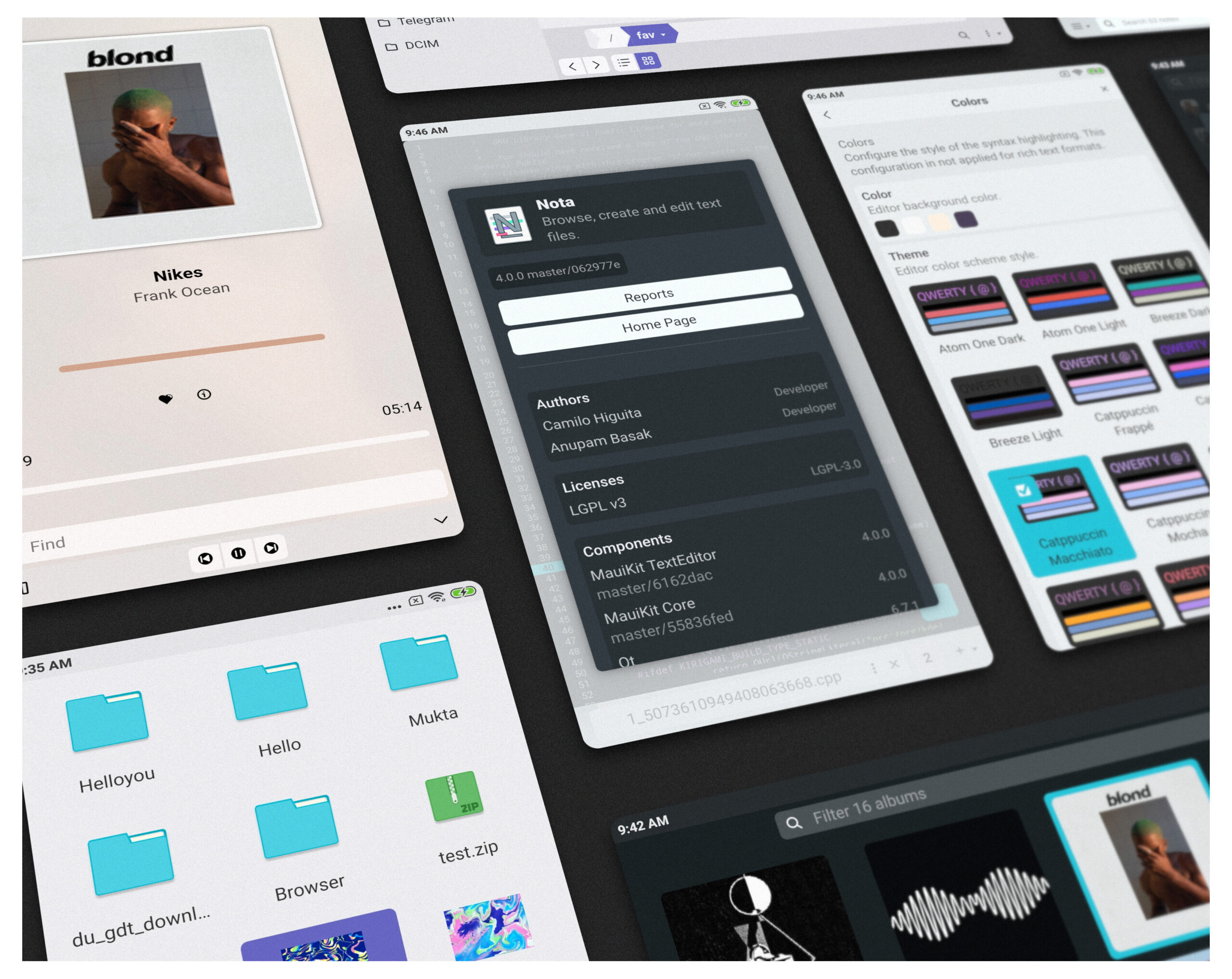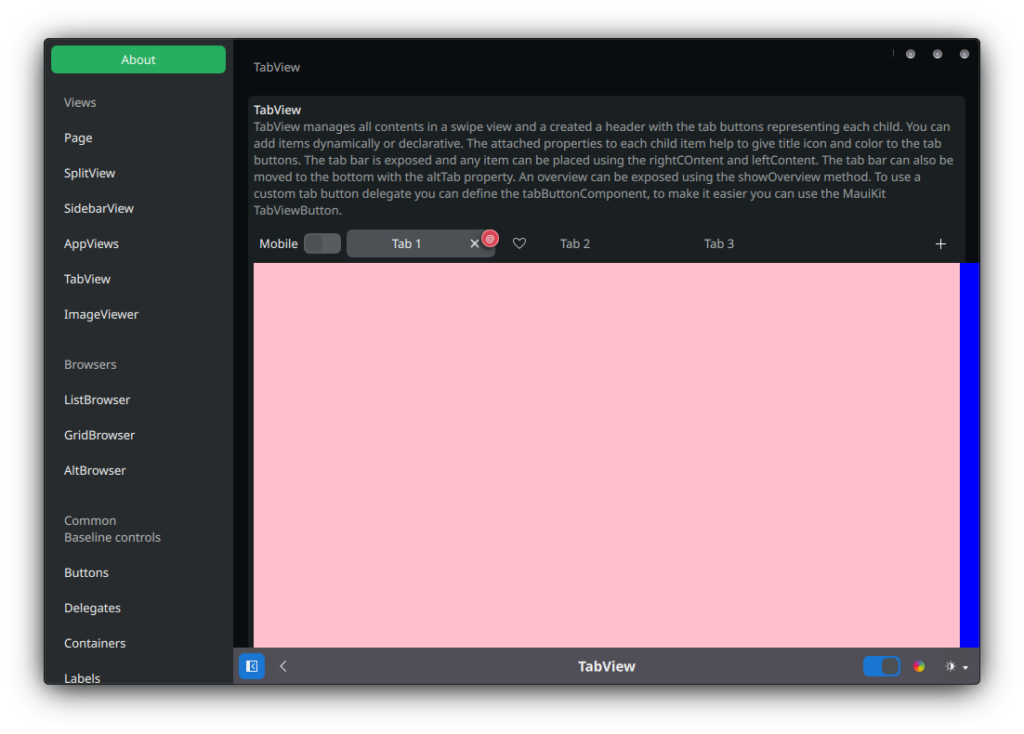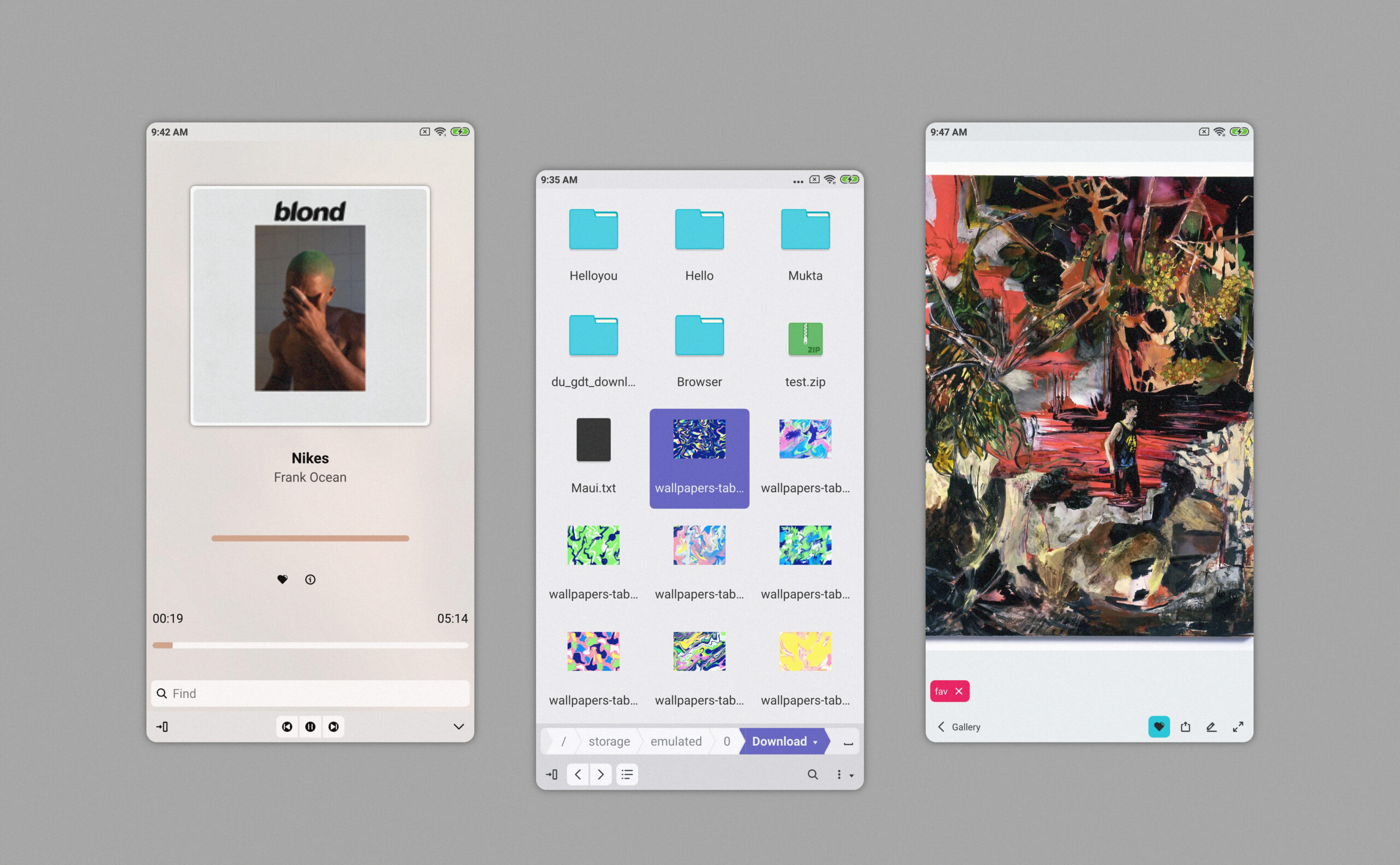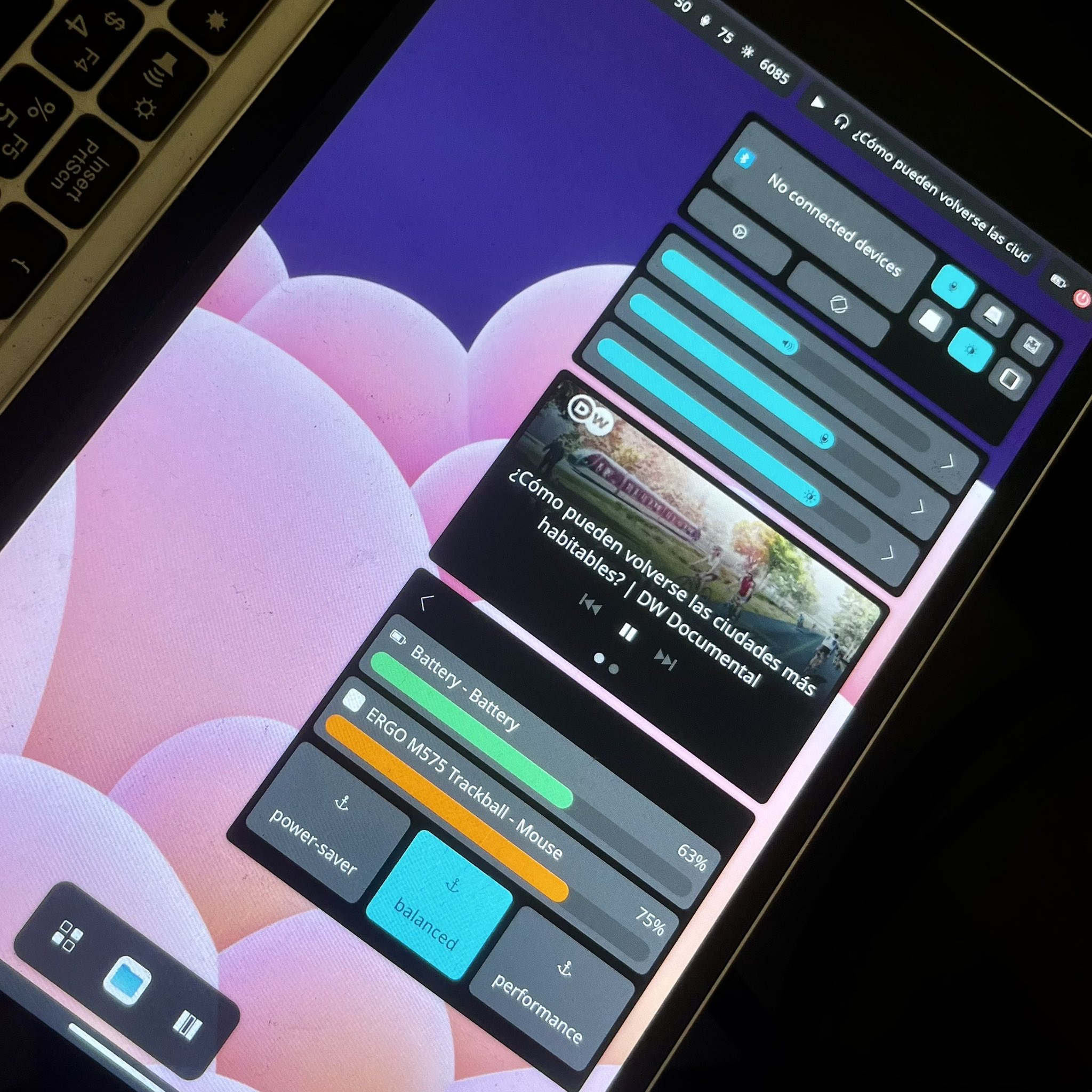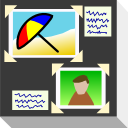Saturday, 14 September 2024
This year I went to Würzburg, which is a nice small German city famous for its wine. But I didn’t only go there for the wine, but also to attend Qt Contributor Summit and Akademy.
Qt Contributor Summit
The travel to Würzburg didn’t go as planned as Deutsch Bahn had some technical issues with their train and couldn’t reboot our train. We still managed to get in Würzburg on time and even had the change to get a small touristic tour from some locals.
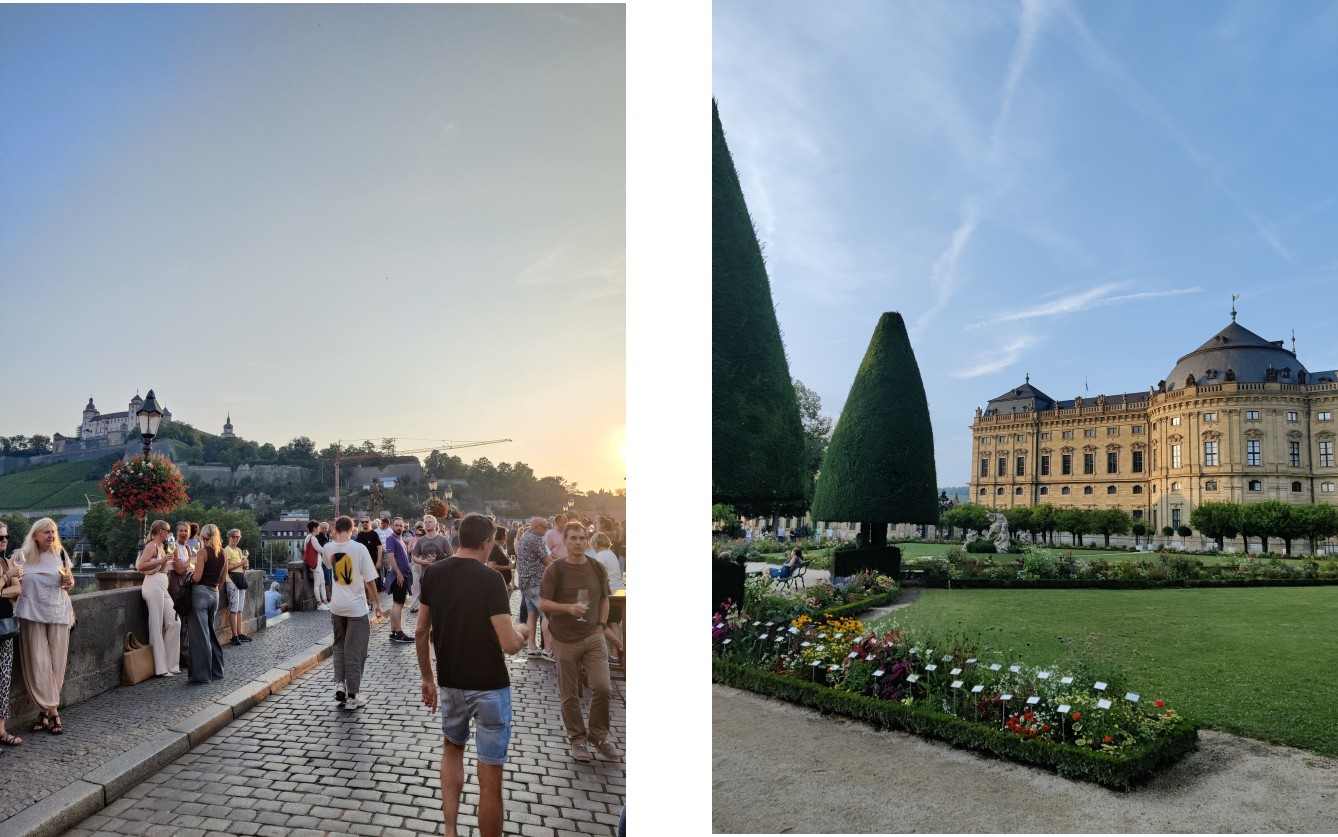
The event itself was great and was the first time I attended fully a Qt Contributor Summit. Last year, I only attended a few session since the event was 20 min away from home.
There was many breakout rooms focused on some spcial topics, for me the most interesting sessions were about Qt for Python, how to hate QML, qt-project.org, Vector Graphics in Qt.
It was great to see how the KDE community still plays a big role in Qt and the Qt developers really appreciated what KDE finally moved to Qt6. They reported that the flow of contributors and bug reports increased.
Qt Chief Maintainer Volker Hilsheimer even stressed out how important it was for some of their customers to see KDE ported to Qt6, as it shows what Qt6 is stable and mature enough. Qt6 is indeed a hugo improvement over Qt5 and I am very happy how good the transition was.
I think it was a great idea to have Qt Contributor Summit just before Akademy. This allowed to have many KDE Contributor to the Qt Contributor Summit and many Qt developers to Akademy. It would be great next year to do the same next if possible and encourage more people from the Open Source Qt ecosystem to join too.
Akademy
Once the Qt Contributor Summit ended, we started a few hours later with the Akademy welcome event for some KDE beers. But before that, I had some bubble tea and spent some time with some friends exploring the city.
The weekend was full with a lot of great presentations. I presented a small report about the Accessibility Goal and the Fundraising working group. I also gave a bigger talk about the KDE Application Ecosystem, which I am really passionate about. The whole slides ware made with Calligra.
I was also very happy to see the new elected goals.
Sunday was also my birthday, thanks to everyone for congratulating me. I also received a super fancy special birthday sticker and some amazing cake.
Day Trip
We had our yearly day trip too, this time at Rothenburg ob der Tauber. A charming small town in south Germany.
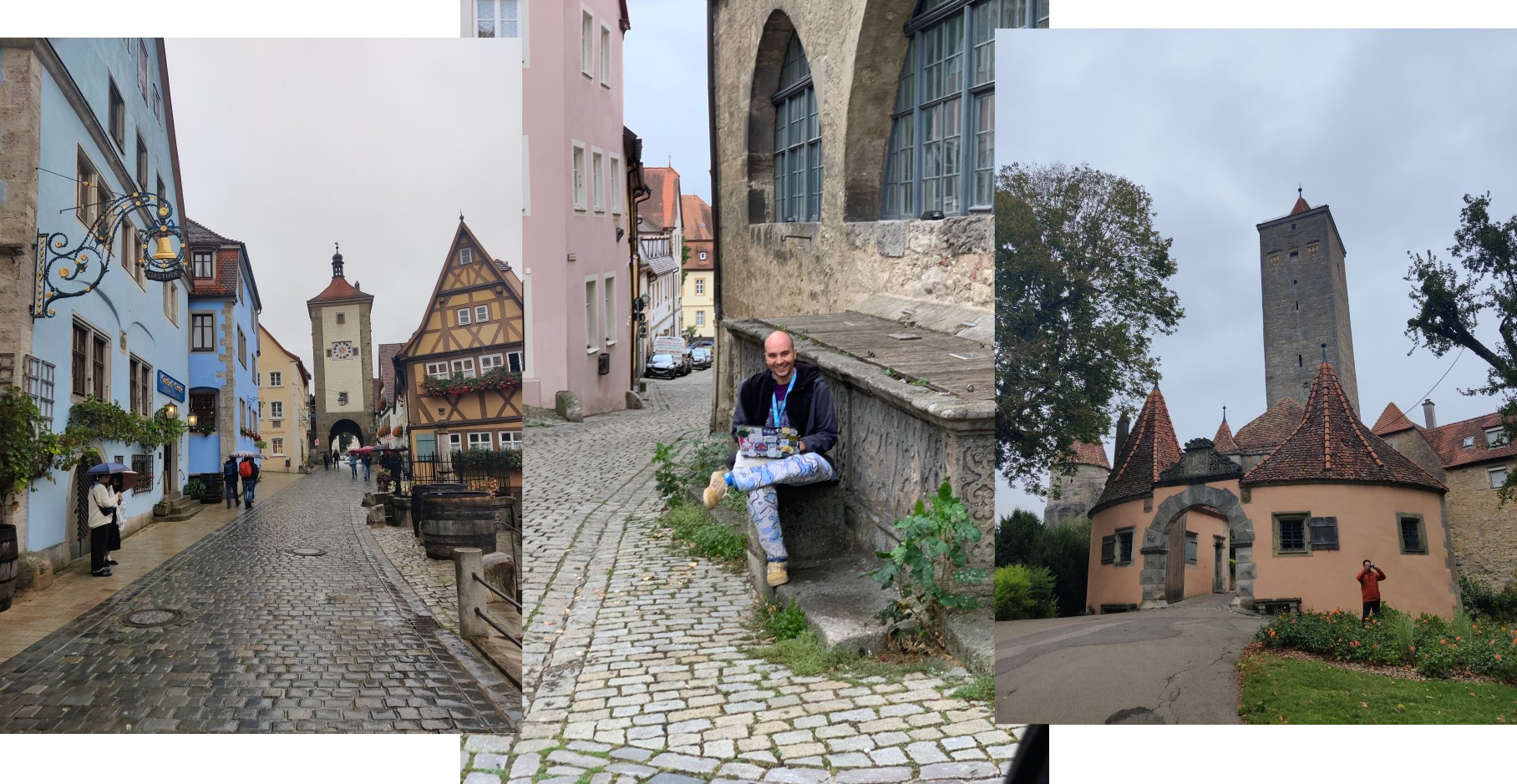
BoFs
The next few days were filled with BoFs and many informal discussions. During the Promo BoF, we decided to create a “This Week in KDE Apps” blog posts. Paul volunteered Tobias, Joshua, and me as the initial team for this.
I also hosted a BoF about a future replacement of KWallet. There were some discussions about the scope of this effort. Should we just focus on storing OAuth2 tokens as a background service what the normal users should never interact with or do a full-blow password manager like macOS Keychain. I presented my work toward the latter around based on KeePassXC and the KeePass format (see my old blogpost) as it would allow to use a standardized file format that also work on other platforms. The KeePassXC developers are working on providing a reusable library, so we don’t need to fork their code. There will likely be more discussion about this in a separate gitlab issue. The lack of a good story around passwords is not unique to KDE but to the whole Linux ecosystem. If you have some opinions about this, feel free to reach out.
I discussed with Ben, Lydia and Aniqua the infrastructure for newsletters for our supporting members. Ben managed to get an instance of Listmonk in a matter of minutes and this seems to be the right way for us to manage a newsletters or at least way better than using a mailing list for this.
Kieryn hosted the best BoF: the Sticker BoF where we shared stickers and had a competition to see who had the best decorated laptop. I won!!! and received another special sticker. Thanks Kieryn for organizing this BoF and generally making Akademy this year such an awesome event!
I also ended up finishing a lot of work. I finally ported the last Drupal 7 website to Hugo: dot.kde.org which was a quite massive website with more than 20 years of history. I migrated the Hugo version used by KDE from 0.110.0 (which was more than a year old) to 0.134.0 and I am happy to report that the Hugo folks care a lot about stability and there was only some very small breaking changes. If you are working on some KDE websites, don’t forget to download the latest version of Hugo and to run the following command to update the KDE Hugo theme.
hugo mod get invent.kde.org/websites/hugo-kde@master
With Volker, we finally merged the status bar integration for Android apps so that KDE apps running on Android and now use breeze colors in their status bar, which looks much more integrated and like on Plasma Mobile.
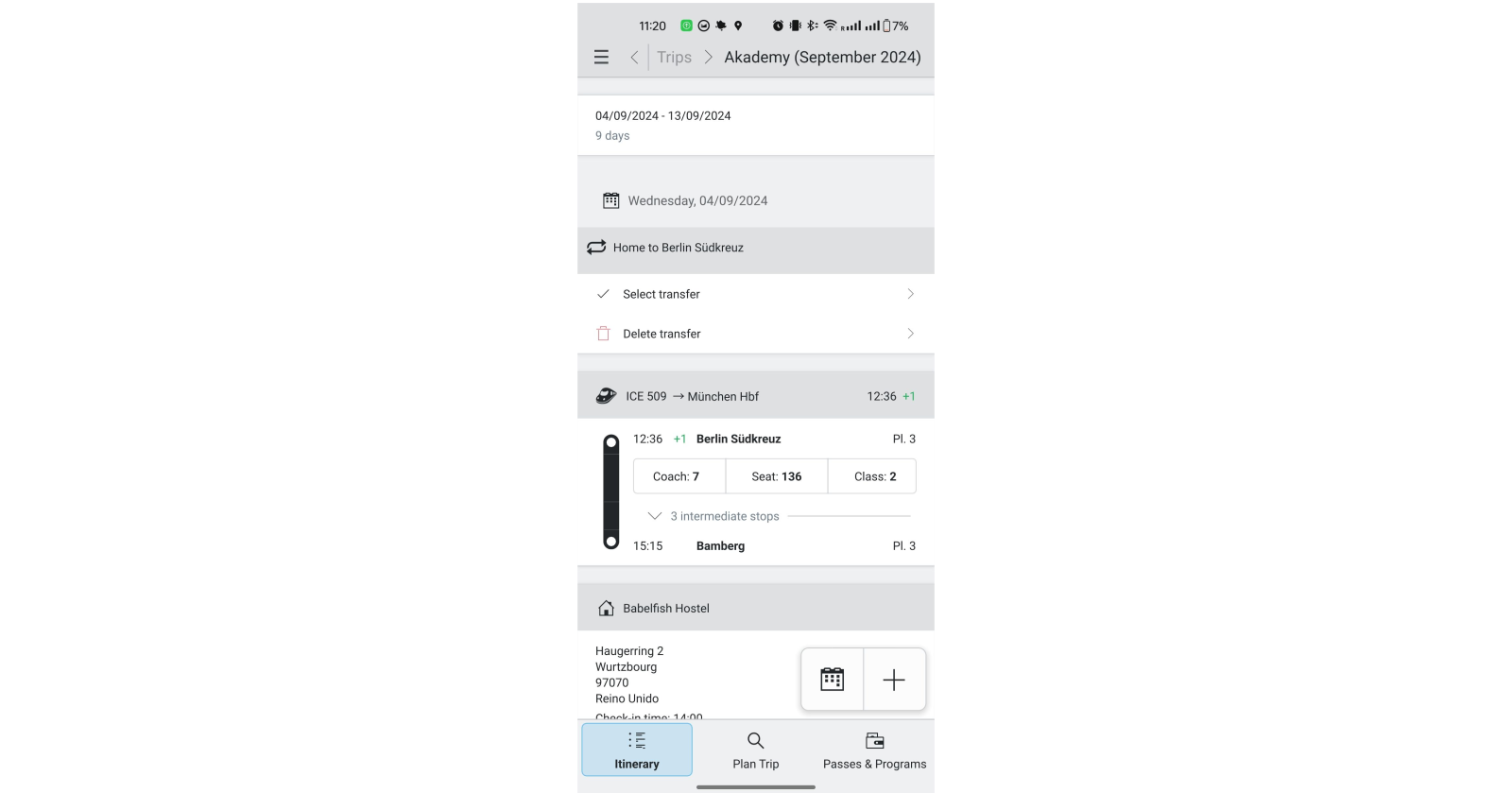
I also got some improvements ideas during Akademy, and I already started implementing some of them: https://invent.kde.org/pim/itinerary/-/merge_requests/324
Finally I started rewritting the Calligra launcher to Kirigami based on the old Gemini UI. Still a bit far away from a being in a mergable state but it already looks quite good.
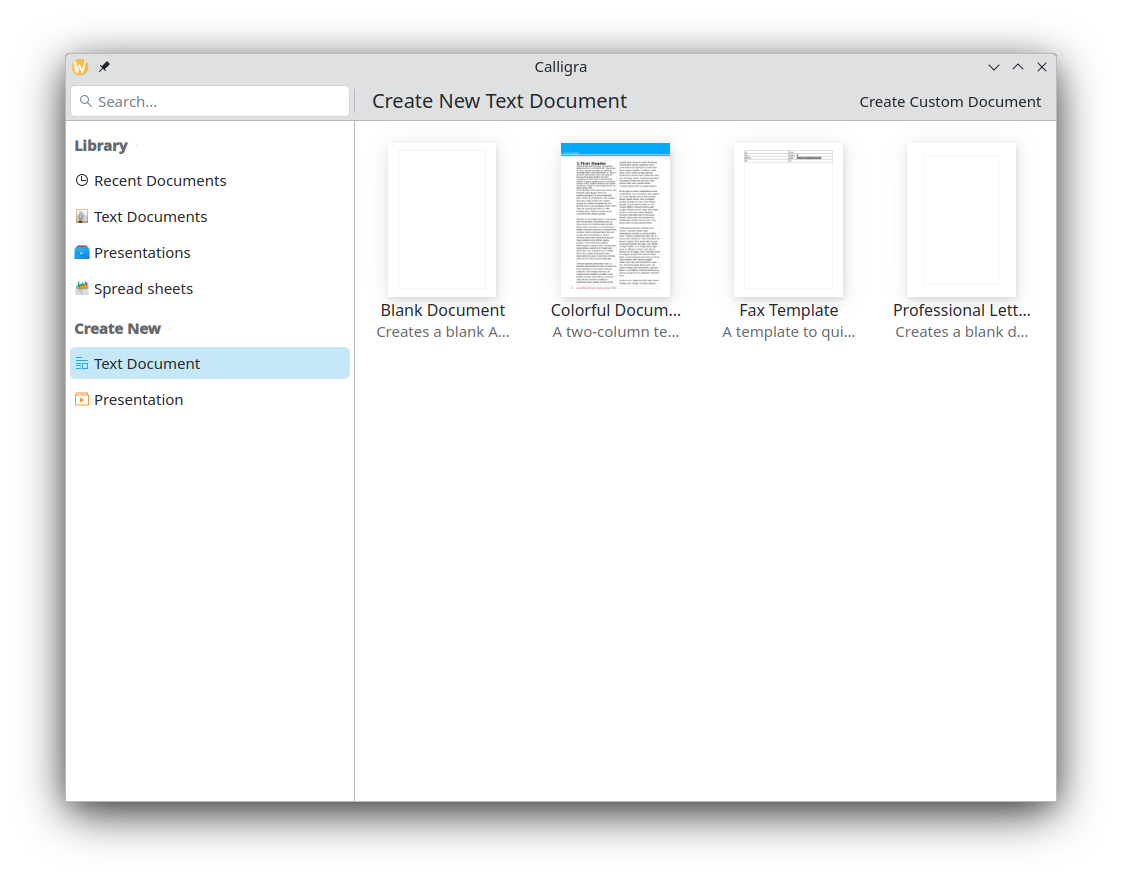
Conclusion
This was a great Akademy again. Thanks a lot for all the organizers for all their work. I hope to see some KDE contributors again soon at the Nextcloud Conference and Matrix Summit both in Berlin this month. And to the Linux Days in Dornbirn.
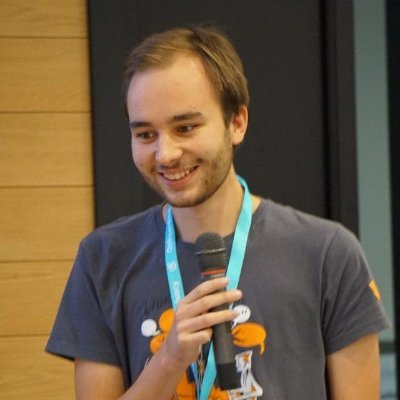
 CarlSchwan
CarlSchwan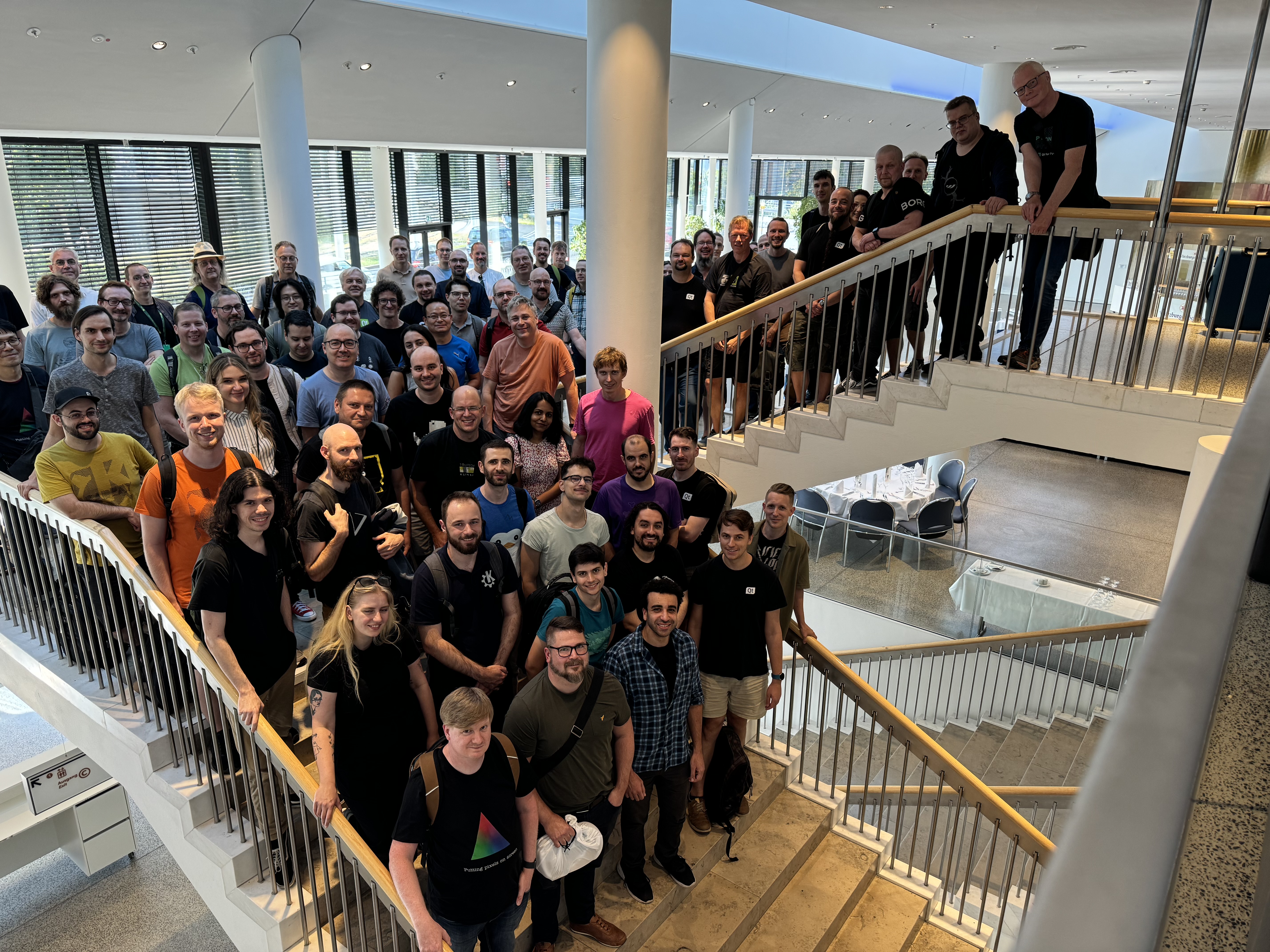


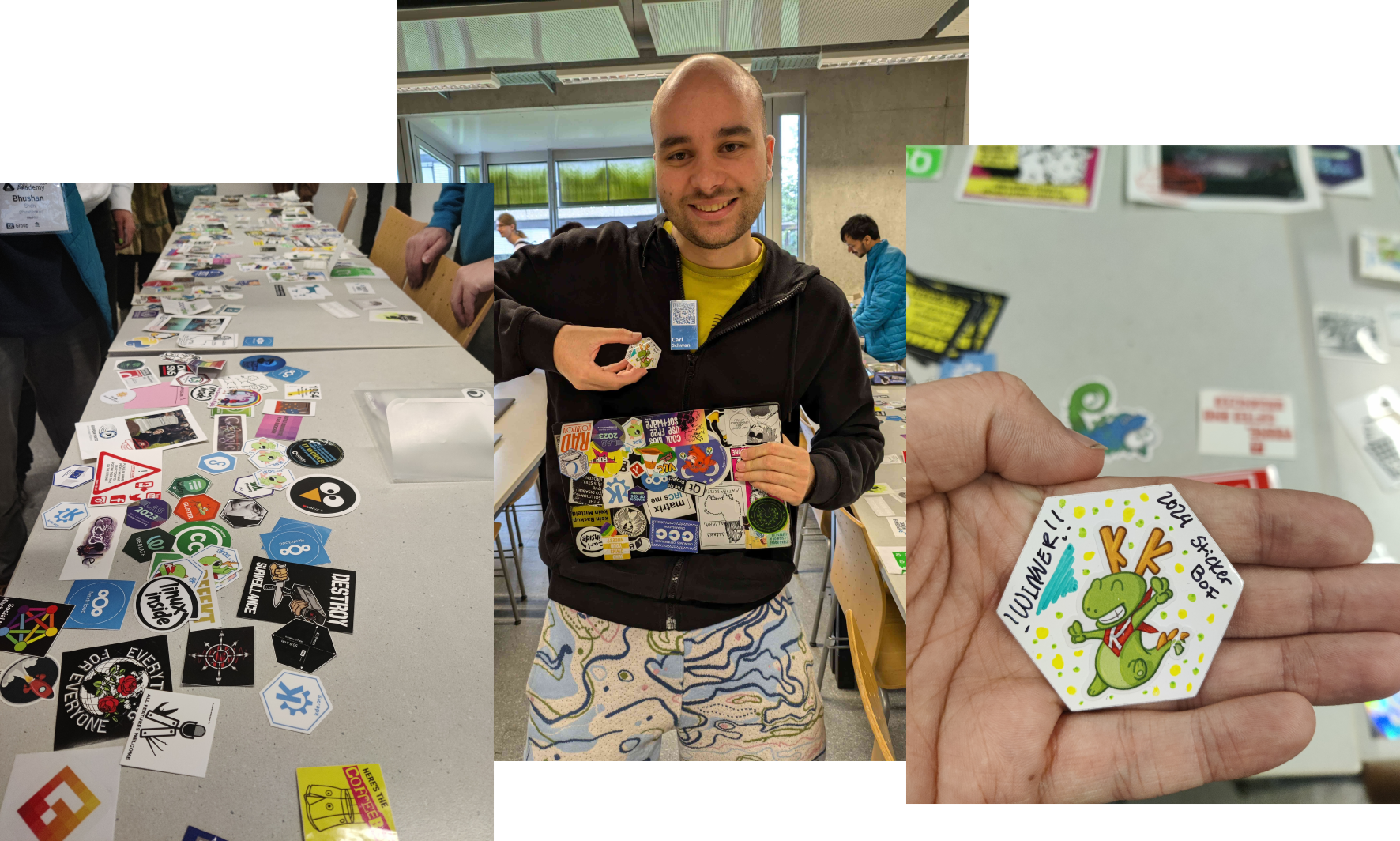
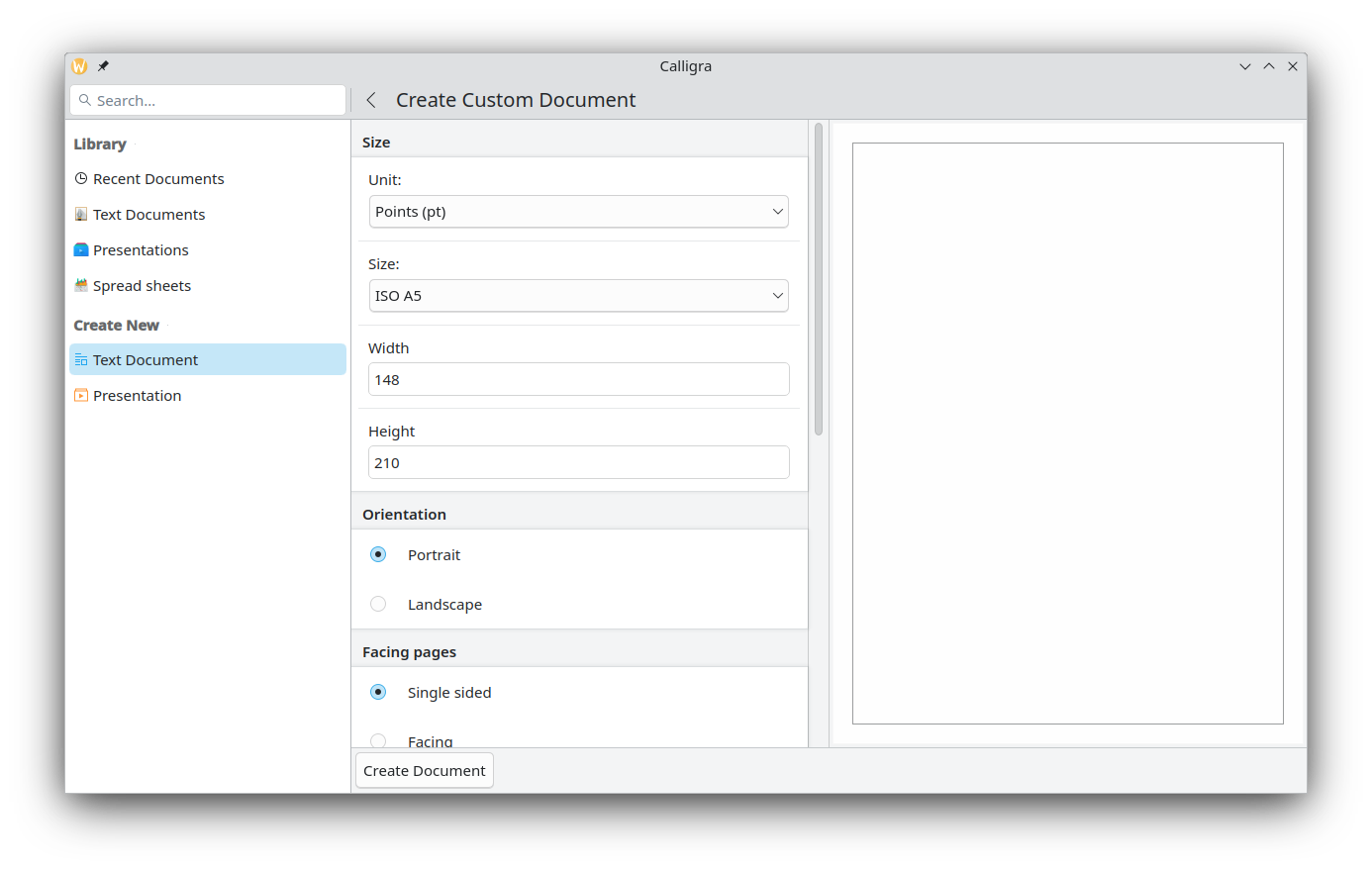


 soumyatheman
soumyatheman @soumyatheman:matrix.org
@soumyatheman:matrix.org GSoC
GSoC



